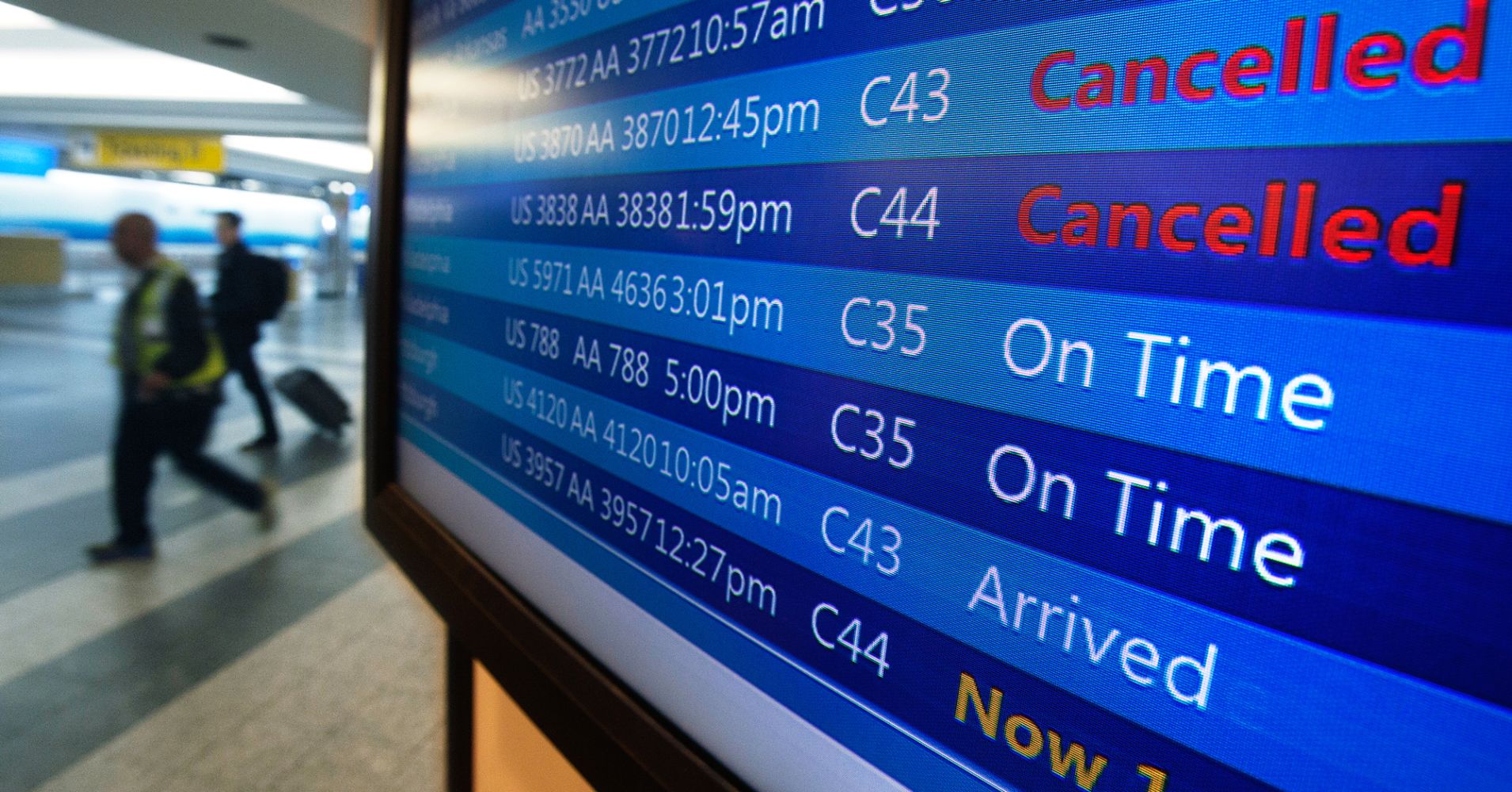
If your plans for your next international trip fell apart, would you get your money back?
Many Americans want to make sure the answer to that question is yes by purchasing travel insurance, according to a new survey from travel organization AAA. To that point, 38 percent of 1,003 adults who participated in a phone survey in June said they likely will buy insurance to cover future foreign trips.
The ability to get their money back if a trip is cancelled was the top reason cited by 88 percent of those respondents.
Other reasons for opting to insure include protecting the cost of their trip; concerns for their personal health or the well-being of their family; the length of time before the trip commences; and recommendations by friends or family.
Those sentiments come as AAA members are insuring more expensive trips. In 2017, trips that were insured by AAA members were about 18 percent more expensive than the year before.
Because travel insurance policies vary, you will want to do your research, said AAA spokeswoman Julie Hall.
“It’s not necessary for every type of vacation,” particularly when it comes to more local domestic destinations, Hall said. “Find the policy that you are looking for the type of vacation you will be taking.”
Travel insurance can help cover those unexpected — and inconvenient — situations that can crop up when you’re far from home.
That includes flight delays and cancellations, lost luggage, medical emergencies and health issues.
And it can even help you in advance of your trip if your job or income suddenly fall flat before you even get to your destination.
While travel insurance may protect you, it helps to think ahead to prevent common travel mishaps before they happen.
Be sure to verify that you have your passport — and that it has not expired — well before your international trip.
Keep in mind that the expiration date on that document is misleading.
That is because you generally want to have a passport that is valid for at least six months from the date of your trip, according to Hall.
If you need to renew your passport or apply for one, be sure to leave plenty of time, as the process can take up to six weeks.
Be sure to make paper copies of all of the key documents and contents of your wallet before you leave.
Ideally, you want to leave a copy of these papers with a trusted family member or friend before you leave. Keep another copy with you, but separate from your actual wallet and passport while you travel.
Let your bank or credit card company know that you are traveling ahead of time to prevent any hassles, such as having a purchase declined, at your destination.
Likewise, you also want to make provisions for your cell phone so that your service isn’t interrupted.
Download the mobile app for your airline to keep tabs on your flight status in case of delays or cancellations.
If you are traveling abroad, sign up for the State Department’s Smart Traveller Enrollment Program, which lets U.S. citizens and nationals share their travel plans with the nearest U.S. embassy or consulate.
More from Personal Finance
For procrastinators, now is the best time to book a summer trip
What to consider before buying a concert ticket from a stranger
